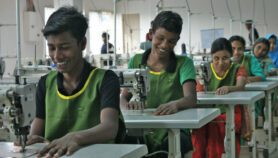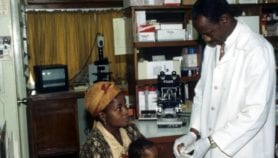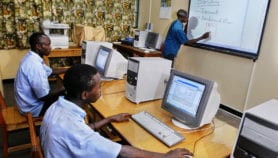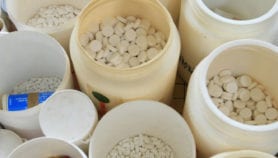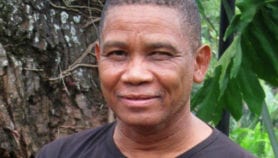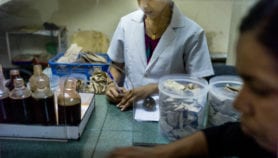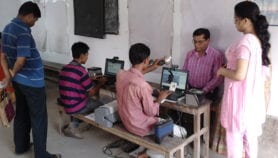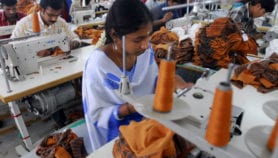Send to a friend
The details you provide on this page will not be used to send unsolicited email, and will not be sold to a 3rd party. See privacy policy.
Asia has been at the forefront of stem cell research since a Chinese scientist produced the first cloned vertebrate, a fish, in 1963. In contrast to their western counterparts, Asian scientists conducting stem cell research face fewer restrictions, and have the full support and encouragement of their governments.
In this article in Science, Denis Normile and Charles C. Mann highlight progress being made in stem cell research in China, Singapore, South Korea and Taiwan.
The lack of debate about ethical aspects of cloning and stem cell research in Asia has given scientists there a much freer hand compared with those in the West. Today, Asian nations are able to lure scientists from developed countries to work for them, and it seems likely that such nations will become leaders in the field.
However Asia faces other challenges, posed for instance by its infrastructure, inadequate coordination and culture of secrecy. The authors point out that the region also needs the West to recognise that top research can come from developing countries.
Link to full article in Science


